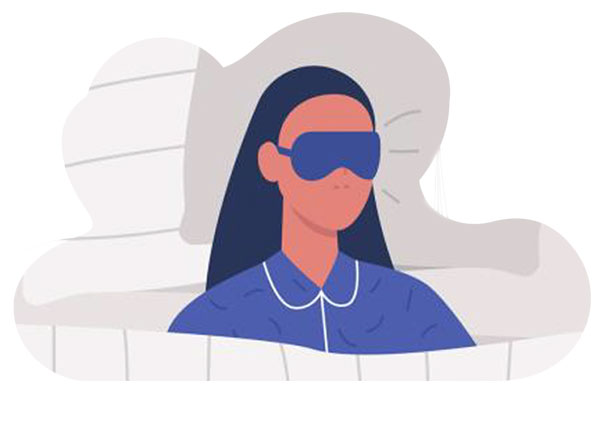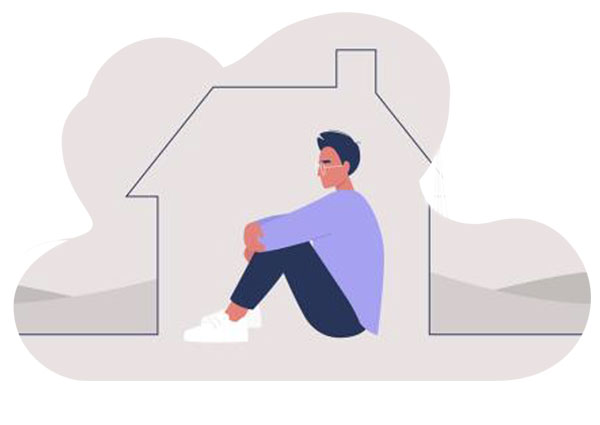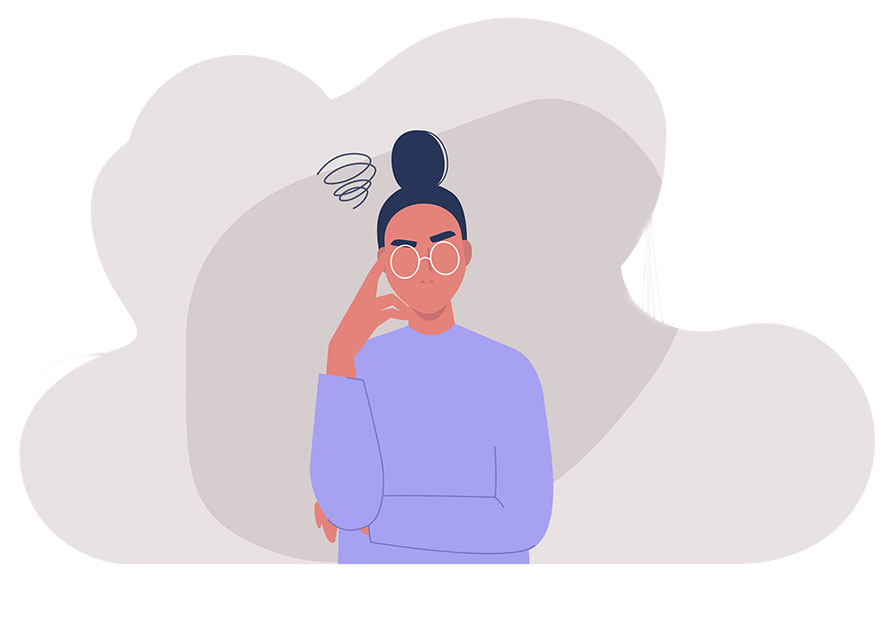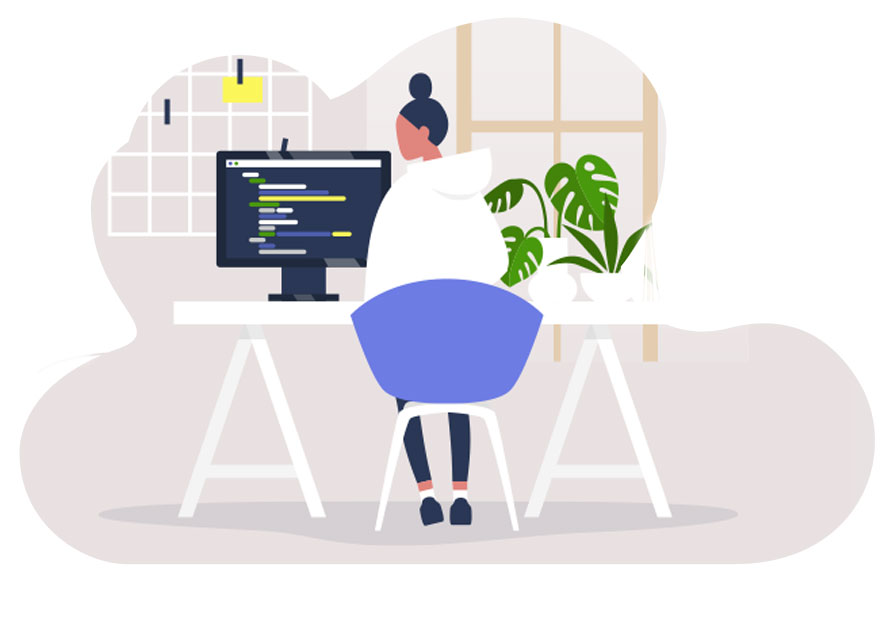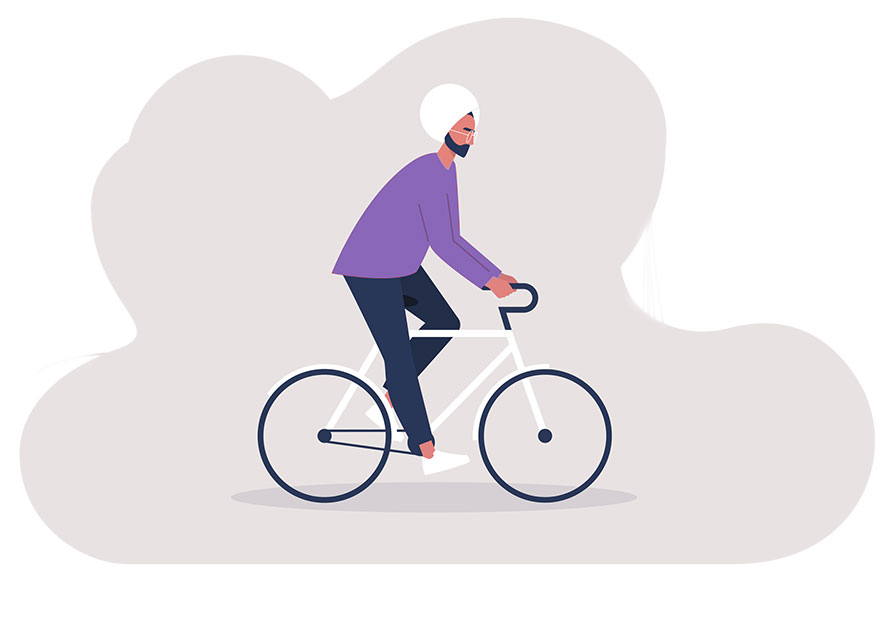COVID-19 has required businesses to respond to this significant challenge by rapidly shifting to working from home (WFH). Remote working from home is a new experience for the majority of businesses, and a huge task for employers has been to ensure their employees remain;
- engaged
- physically and mentally well
- motivated
- connected
Having this in mind, we surveyed a total of 1,932 Allianz members. Many of those who participated in the survey are working remotely every day; in addition, many are working away from their home country for an extended period. With a combination of both traditional and new neurotech surveying, we have uncovered what these people are both thinking and feeling while adapting to their workplace changes.
The aim of our report is to educate, inform and outline opportunities where those WFH can be assisted to overcome the challenges they may be experiencing. In addition, it provides some key insights and aims to give leaders and decision-makers the ability to identify which areas of wellbeing their employees might need specific support.




